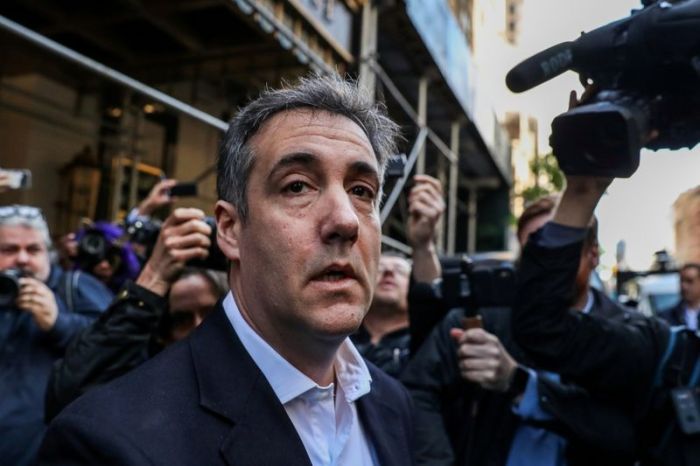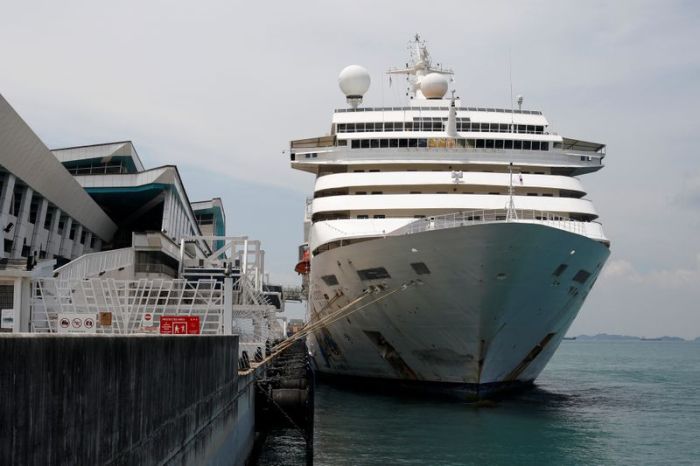BANGKOK (Reuters) – Thai Prime Minister Prayuth Chan-ocha called on the country’s 20 richest people on Friday to help in addressing the damaging economic fall-out from the coronavirus epidemic.
In a televised address that swiftly drew social media scorn, Prayuth did not say exactly what assistance he sought. He said he would send an open letter to the 20 magnates next week.
“These rich Thais are very influential in the country’s economy and are categorized as some of the richest people in the world. I am asking them to play important role in working together to help the country,” he said.
Wealthy families control some of the biggest businesses in Thailand, one of the world’s most unequal societies.
The Southeast Asian country has reported 2,700 COVID-19 infections and 47 deaths, and the economic blow from losses of trade and tourism and restrictions on movement has been heavy.
The Thai Chamber of Commerce said this week that job losses could reach 10 million if the coronavirus outbreak continues for a few more months.
After Prayuth’s speech, the hashtag #BeggarGovernment was swiftly trending on Twitter, with more than 65,000 tweets in just over an hour.
Prayuth did not identify the country’s 20 wealthiest people to whom he was referring.
King Maha Vajiralongkorn, whose fortune makes him one of the world’s richest men, has donated medical equipment to Thai hospitals and provisions to poor communities.
Topping the Forbes list of Thai rich people are the Chearavanont family who own Charoen Pokphand Group, one of the world’s largest producers of animal feed and livestock; Chalerm Yoovidhya, who co-owns the energy drink Red Bull; and Charoen Sirivadhanabhakdi, who controls Thai Beverage, Thailand’s largest brewer.
Also among the wealthiest Thais is ex-prime minister Thaksin Shinawatra, who was ousted in a 2006 coup and fled into exile abroad to avoid a corruption trial he said was politically motivated.
Prayuth, a former junta leader, overthrew Thaksin’s sister Yingluck in a 2014 coup and won a disputed election last year.
(Reporting by Panu Wongcha-um and Panarat Thepgumpanat; Editing by Kim Coghill and Mark Heinrich)


























